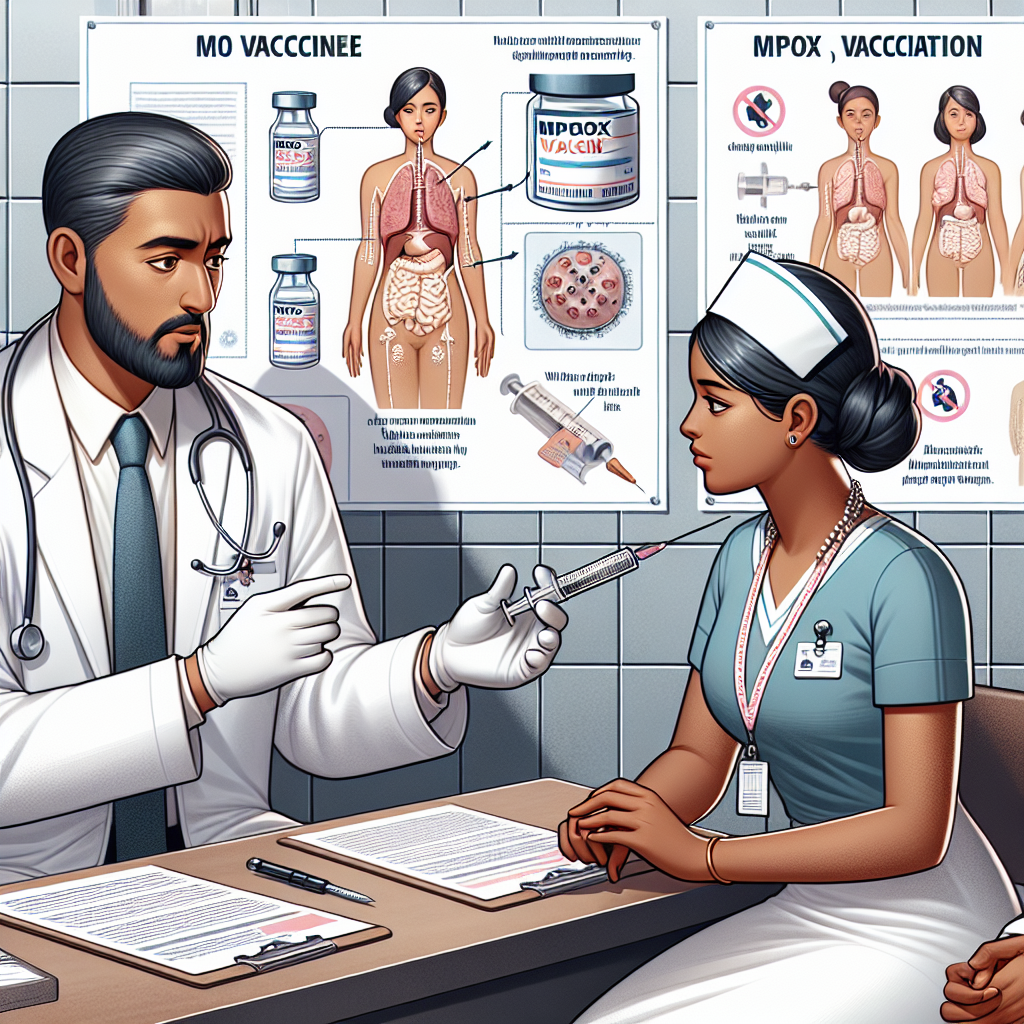UNICEF has initiated an urgent appeal for US$58.8 million to address the growing mpox crisis in six African countries, where children are disproportionately affected. The appeal focuses on Burundi, Central African Republic (CAR), Democratic Republic of the Congo (DRC), Kenya, Rwanda, and Uganda, where the rise of the clade 1 variant of mpox has put thousands of children at risk of infection, severe complications, and social stigma.
This year alone, nearly 22,000 suspected and confirmed cases of mpox have been reported in the region, with 60% of cases occurring in children under the age of 15. Over 700 deaths have been attributed to mpox, and 80% of these fatalities involve children, particularly those in underserved communities. While deaths remain confined to the DRC, the crisis highlights the vulnerability of children in affected areas, exacerbated by limited access to healthcare, hygiene, and sanitation services. Malnutrition, childhood diseases, and displacement are further intensifying the situation.
UNICEF’s response is designed to prevent transmission, reduce secondary harm to children, and strengthen preparedness in the six target countries. Key actions include:
Coordination: Working with health and education authorities to implement comprehensive response strategies.
Risk communication: Engaging communities to counter stigma and build trust through the training of frontline workers.
Infection control: Improving hygiene in homes, schools, and health facilities by providing necessary supplies and training to parents and community leaders.
Vaccination: Supporting the delivery of mpox vaccines by offering training, logistics, and cold chain management, while also ensuring continued routine childhood immunizations.
Case management: Ensuring mpox isolation centers accommodate children and women with family-centered care, and providing essential nutritional and medical support.
Mental health support: Offering psychosocial assistance to children and caregivers to address stigma and emotional distress.
Essential services: Ensuring continued access to health, protection, and educational services, particularly in vulnerable areas.
With this appeal, UNICEF seeks to protect children and curb the mpox outbreak in both the targeted countries and neighboring regions where the risk of disease spread remains significant.











